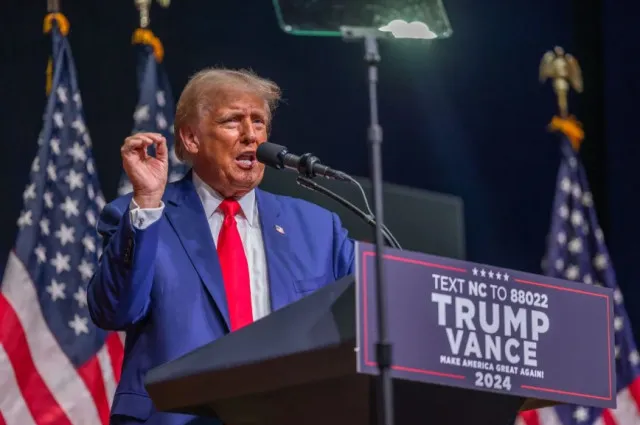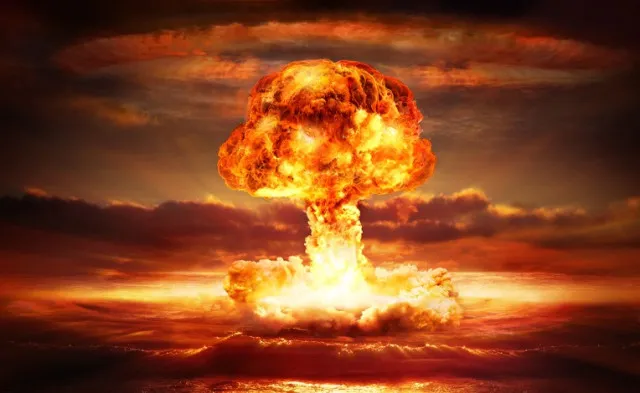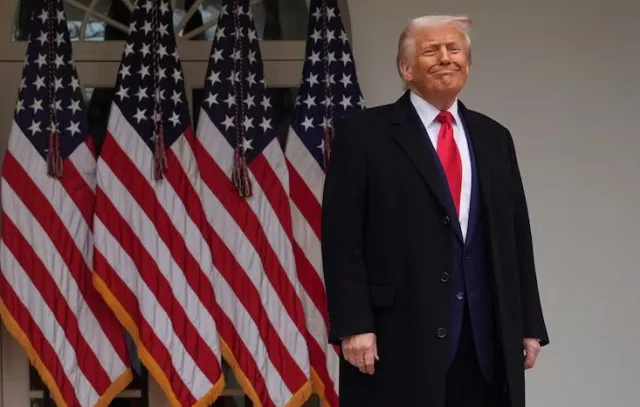An AI system has warned that Donald Trump’s tariff policies could potentially spark global conflict and lead to World War III.
A recent warning from an artificial intelligence program has raised concerns about the potential consequences of President Donald Trump’s tariffs.
The AI, known as ChatGPT, suggests that these tariffs could act as a “potential spark” that might lead to a global conflict.
This claim emphasizes the ongoing tensions between the United States and other nations, particularly China.
AI suggests Trump’s tariff policies could ignite tensions leading toward a potential World War III
Trump’s tariff policies and their impact
Tariffs are taxes imposed on imported goods. President Trump has been increasing these tariffs on various products from other countries.
The goal is often to protect American businesses and jobs. However, the AI points out that while tariffs are not weapons, they can be part of economic warfare.

This means they can disrupt trade, harm diplomatic relationships, and even trigger nationalistic responses.
ChatGPT explains that when countries impose tariffs, it can lead to retaliation.
If multiple nations respond by increasing their own tariffs, this could create a cycle of economic conflict.
Such a situation might escalate tensions further, especially if paired with military buildups or conflicts in sensitive areas like the South China Sea or Eastern Europe.
To provide context, the AI references the Smoot-Hawley Tariff Act from the 1930s. This act raised tariffs significantly and worsened the Great Depression.
Although it did not directly cause World War II, it made global relations more fragile. This historical example illustrates how economic policies can contribute to larger conflicts.

Analysts worry that Trump’s tariffs might lead to a similar situation today.
They fear that rising tensions could push countries into opposing economic blocs, like a divide between China-Russia-Iran and the US and its allies.
This division could undermine global cooperation and create a more hostile environment.
ChatGPT explained: “If multiple countries respond with escalating economic retaliation, and that’s paired with military buildup, cyber warfare, or aggressive moves in hotspots (like the South China Sea, Taiwan, or Eastern Europe), then yes, the environment becomes much more dangerous.
“That said, war usually involves multiple failures across diplomacy, economics, and military strategy, not just trade policy.”
The bot continued: “If those tensions spiral out of control, particularly if paired with territorial disputes or accidents between military forces, the risks get real.”

Escalation of global tensions raises serious concerns.
As tensions rise, the risk of accidents or misunderstandings between military forces also increases.
ChatGPT warns that if these tensions spiral out of control, particularly with territorial disputes, the situation could become dangerous.
The AI emphasizes that while tariffs are part of broader geopolitical tensions, they are not the only cause of potential conflict.
Despite these risks, the AI reassures that the world is not on the brink of World War III.

There are many agreements and systems in place designed to prevent large-scale wars.
Diplomatic efforts and economic checks help maintain peace, even when tensions are high.
As ChatGPT pointed out: “We’re still a long way from a true global war—diplomatic, economic, and even military checks are in place to prevent it.”